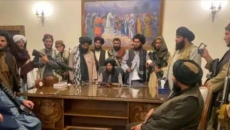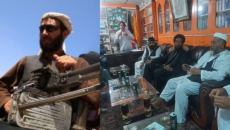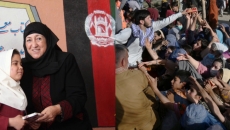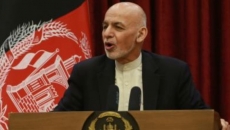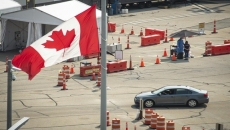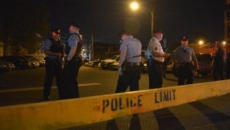The World Health Organization has issued a call for experts to join a new advisory group it’s forming, in part to address the agency’s fraught attempts to investigate how the coronavirus pandemic started.
In a statement on Friday, the U.N. health agency said the new scientific group would provide the WHO with an independent analysis of the work done to date to pinpoint the origins of COVID-19 and to advise the agency on necessary next steps. The experts will also provide guidance on critical issues regarding the potential emergence of other viruses capable of triggering outbreaks, such as MERS and Ebola.
The WHO said it’s seeking up to 25 officials with relevant expertise to apply for membership in its new scientific advisory group by September 10.
In March, a WHO-led team of international experts issued a preliminary report that deemed it “extremely unlikely ” that the origins of COVID-19 were linked to a laboratory. Although scientists think it’s most probable that the virus jumped to humans from animals, the theory that a laboratory was involved has gained traction in recent months, with an intelligence review ordered by U.S. President Joe Biden to examine the possibility.
Critics have slammed the WHO's initial assessment, saying it was a flawed effort and noting that all of the team members sent to China needed Chinese government approval, as did the WHO report.
WHO director-general Tedros Adhanom Ghebreyesus acknowledged last month it was “ premature ” to rule out the lab leak theory, describing lab accidents as “common.”
In a Danish documentary released earlier this month, the WHO's team leader said during a trip to China that he was worried about safety standards at a facility close to where the first human COVID-19 cases were detected in Wuhan — concerns that were not previously disclosed by the WHO.
Numerous health experts and scientists have called for an independent investigation to be conducted beyond the WHO, pointing out that the agency has no authority to compel countries, including China, to co-operate.
According to the terms of reference released on Friday, the WHO’s new expert group will also be bound by certain confidentiality rules, similar to those in place for many of the agency's other expert groups.
The guidelines state that members shall not speak on behalf of the WHO or the group to any third party, that internal deliberations should be treated as “strictly confidential” and that they should not quote from or use any documents outside of the group’s remit.
The WHO will retain full control over any reports, including whether or not they will be published.

